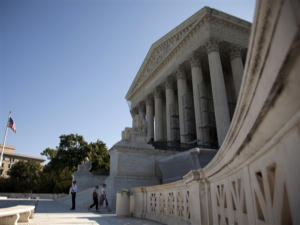
WASHINGTON, DC (Catholic Online) – On May 4, 2009, Pope Benedict XVI spoke to members of the Pontifical Academy of Social Sciences. He sounded a common theme of his papal Magisterium – that there is a Natural Law which can be known by all men and women through the exercise of reason. He explained that this Natural Law reveals to all men and women the existence of fundamental human rights which are binding upon all Nations and for all time.
"The Church has always affirmed that fundamental rights, above and beyond the different ways in which they are formulated and the different degrees of importance they may have in various cultural contexts, are to be upheld and accorded universal recognition because they are inherent in the very nature of man, who is created in the image and likeness of God. If all human beings are created in the image and likeness of God, then they share a common nature that binds them together and calls for universal respect."
Believing in the Natural Law as the source of fundamental human rights is absolutely critical in the light of the current decline of Western civilization. In the U.S. and much of Europe there is a denial of fundamental Human Rights which began with the denial of the foundation of all true human rights, the Right to Life. Rights are goods of the human person – not ethereal concepts floating around somewhere. When there is no human person there can be no rights for him or her to receive as an endowment from our Creator and exercise in civil society.
The Pope told the leaders: "Strictly speaking, these human rights are not truths of faith, even though they are discoverable – and indeed come to full light – in the message of Christ who "reveals man to man himself" (Gaudium et Spes, 22). They receive further confirmation from faith. The Church’s action in promoting human rights is therefore supported by rational reflection, in such a way that these rights can be presented to all people of good will, independently of any religious affiliation they may have."



